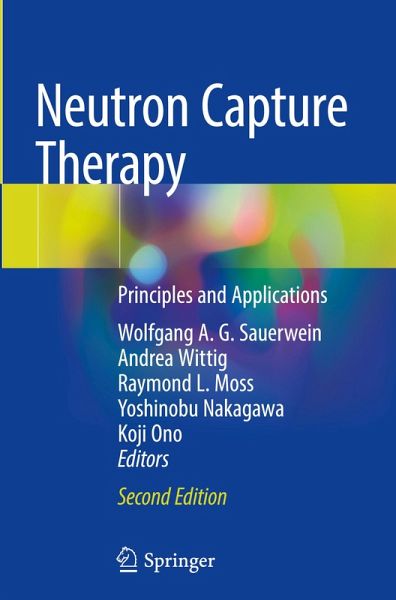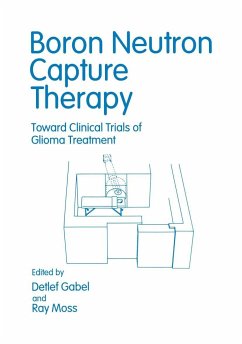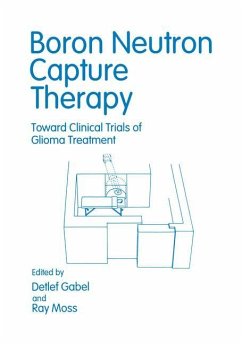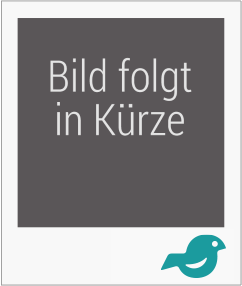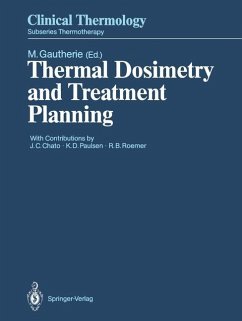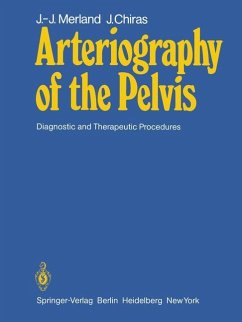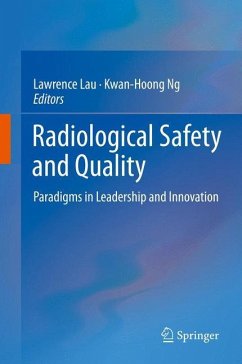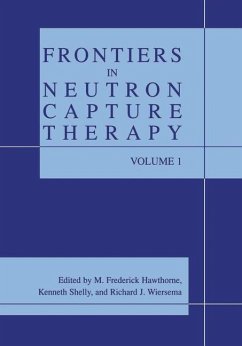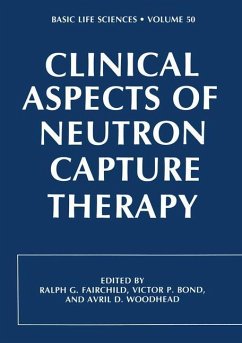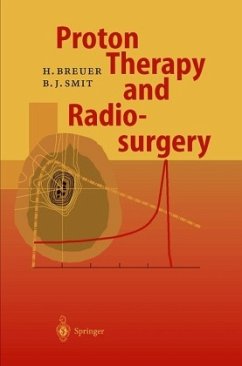Prof. Dr. Wolfgang Sauerwein, MD, completed his medical studies in Limoges, France, and Essen, Germany. He is a board-certified radiologist and radiation oncologist and a retired professor from the Medical Faculty of the University Duisburg-Essen. Dr. Sauerwein is currently affiliated with MedAustron as a radiation oncologist and serves as a visiting professor at the Neutron Therapy Research Center of Okayama University. He is the editor-in-chief of “Particles,” the newsletter for the Particle Therapy Co-operative Group (PTCOG). His research has a primary focus on particle-based cancer therapies, including protons, neutrons, carbon ions, and Boron Neutron Capture Therapy (BNCT). From 1997 to 2003, he led the EORTC BNCT Group (European Organization for Research and Treatment of Cancer) and served as president of the International Society for Neutron Capture Therapy (ISNCT) from 2000 to 2002. Currently, he presides over the German BNCT Society (DGBNCT) and has been a founding member and co-chair of the PTCOG BNCT Subcommittee until 2023. In 2021, Dr. Sauerwein founded BNCT Global GmbH to advance BNCT as a treatment modality. His clinical expertise also extends to radiation therapy for ocular tumors, applying both brachytherapy and advanced external beam radiation techniques using photons, electrons, and protons. A key focus of his practice is providing optimal, individualized particle beam therapy through international collaborations, ensuring efficient use of high-cost particle therapy facilities. Dr. Sauerwein's significant contributions have been recognized with several honors, including the Hatanaka Award from ISNCT in 2006 and Japan's "Order of the Rising Sun, Gold Rays with Neck Ribbon" (¿¿¿¿¿) in 2020, awarded by the Imperial House of Japan. Prof. Dr. med. Andrea Wittig completed her medical studies in Essen (Germany). She is Head of the Department of Radiotherapy and Radiation Oncology at the University Hospital Würzburg and Professor of the Julius-Maximilians-Universität Würzburg (Germany). She serves as Member of the Board of Directors of the Comprehensive Cancer Center MainFranken, National Center for Tumor Disease. As PhD student, she participated in the BNCT trials in Brookhaven and was later clinical investigator for the EORTC trials at the HFR High Flux Research Reactor of the European Commission in Petten. She has a broad experience in hadron therapy, including charged particles, as well as neutrons. Her research focus is on biologically individualized, high precision radiotherapy, which involves the investigation of the radiobiological and molecular basis of radiation oncology, as well as molecular targeting and translation of such basic approaches to in vivo and in-clinical studies. She is laureate of the Hermann-Holthusen Prize of the German Society for Radiation Oncology (2012) and of the Langendorff Prize of the German Society for Medical Physics and Hanns-Langendorff Foundation (2013). Dr. Raymond Moss graduated and specialised (Ph.D. 1975) in Applied mathematics from the Universities of Hull, Sheffield and Nottingham (UK). He started work soon after in the nuclear field at the UK Atomic Energy Authority, followed by a brief spell in the petro-chemical industry, and since 1983 returned to nuclear research at the High Flux Reactor (HFR) of the Joint Research Centre of the European Commission at Petten in The Netherlands, where he project managed various research activities into the nuclear applications of neutrons. From 1988 to 2008, he was project manager of research activities into BNCT, leading ultimately to the start of the first clinical trials of BNCT in Europe, under the medical supervision of Prof. Dr. Med. Wolfgang Sauerwein. During this period, he was an active member of the Project Management Group of the European Collaboration on BNCT, the Project Coordination Committee on BNCT for Clinical Trials at Petten, the EORTC BNCT Committee, and from 2000-2008 was the Secretary/Treasurer of the International Society for Neutron Capture Therapy and Secretary of the Tenth International Congress on NCT held in Essen in 2002. In 2012, Dr.Moss received the Hatanaka Award at the ICNCT in Tsukuba, Japan. Dr.Moss supervised a number of Ph.D. students, and was author and co-author of over 100 peer-reviewed articles and co-editor of 4 technical books in BNCT. Dr. med. Yoshinobu Nakagawa graduated from the Faculty of Medicine at Tokushima University in April 1975.¿He started his career in the Department of Neurosurgery, where he was involved in clinical training in affiliated hospitals, mainly in the treatment of paediatric brain tumours and hydrocephalus. In July 1982, he joined the Neuropathological Institute of the Free University of Berlin, Germany, for two years (under Prof. Servos Navaro). His research interests included hydrocephalus and cerebral oedema. He successfully created an experimental model of hydrocephalus, which was studied using electron microscopy. He also developed a method for creating a model of occlusion and reopening of the middle cerebral artery and began serious research into cerebral oedema. In August 1984, after completing a two-year study period, he began work on Boron Neutron Capture Therapy (BNCT) under Prof Hiroshi Hatanaka at Teikyo University. When Dr Hatanaka suffered a stroke and died after two years of illness, Prof Nakagawa took over the research group. In 2004 he was nominated for the presidency of the International Society for Neutron Capture Therapy and in October 2006 the 12th International Conference for Neutron Capture Therapy was held in Takamatsu, Japan. Prior to this, he was appointed Deputy Director of the National Sanatorium Kagawa Children's Hospital in April 2000. Since then, he has worked as a paediatric neurosurgeon, senior researcher and administrator in charge of hospital management. In October 2003, he was promoted to Director of the National Sanatorium Kagawa Children's Hospital. The decision was made to merge the hospital with Zentsuji Hospital, and for the next 10 years he worked on the preparations for the merger and the construction of the new hospital, which was completed in 2013. With the opening of the new hospital, he was appointed director of the Shikoku Medical Centre for Children and Adults. In 2018, he was appointed Honorary Director of the hospital. He also currently serves on the board of the Association for Research and Development of Nuclear Technology in Medicine. Prof. Koji Ono graduated from Kyoto University Medical School in 1974 and began his career as a radiation oncologist at the University Hospital. Since 1976, he has been involved in clinical practice and research in radiation oncology, particularly in the development of oxic cell radiosensitizers and the prediction of tumour response. He was promoted to assistant professor in 1979. He received his Ph.D. from Kyoto University in 1984. From 1984 to 1986, he performed basic research in radiation oncology as a postdoctoral fellow at UCSF (Prof. Dewey's laboratory) and the University of Essen (Prof. Streffer's laboratory). He was promoted to Lecturer at the Faculty of Medicine in 1988 and to Professor at the Kyoto University Research Reactor Institute in 1991. Since then, he has been involved in research on boron neutron capture therapy and became director of the Laboratory for the Medical Application of Nuclear Technology. He played a central role in the establishment of the Japanese Society of Neutron Capture Therapy (JSNCT) and was elected its first president in 2003. In 2000, he served as Secretary General of the International Congress on Neutron Capture Therapy (ICNCT) in Osaka. Since 2001, he has played a leading role in expanding the application of BNCT to head and neck cancer and other cancers, and in developing the world's first dedicated accelerator neutron source for BNCT. As a result of these achievements, he received the Hatanaka Award at ICNCT-2010 and the Outstanding Global Achievement Award at ICNCT-2018. He is also a JASTRO-2018 Gold Medal Awardee. His scientific publications include more than 2690 basic and clinical studies, excluding Japanese publications.
